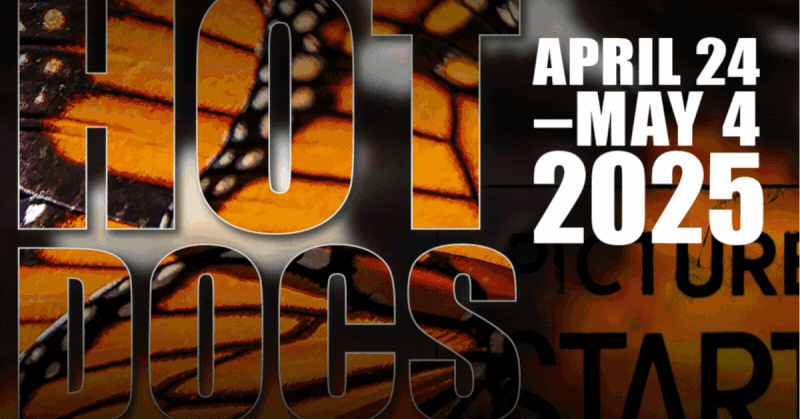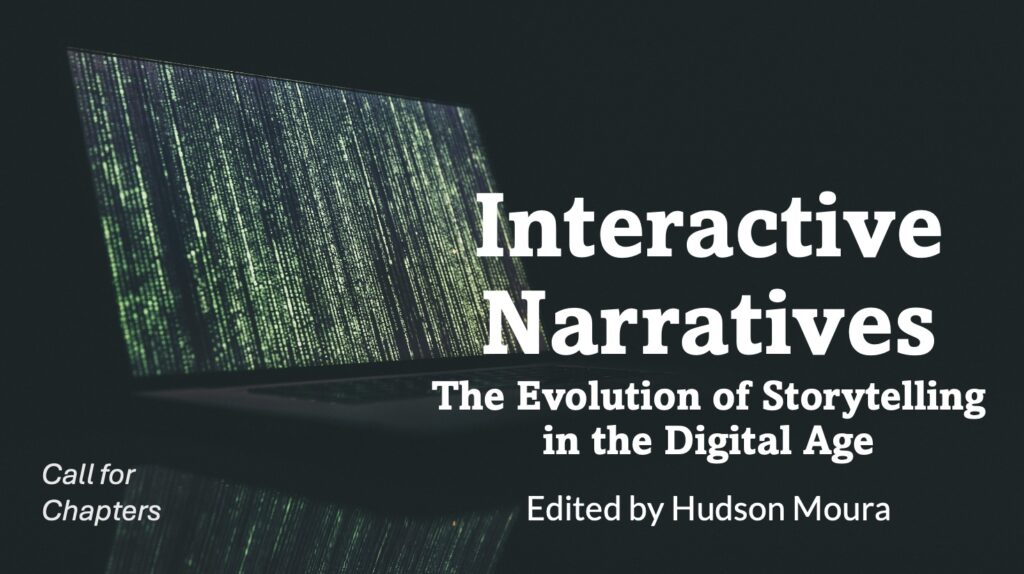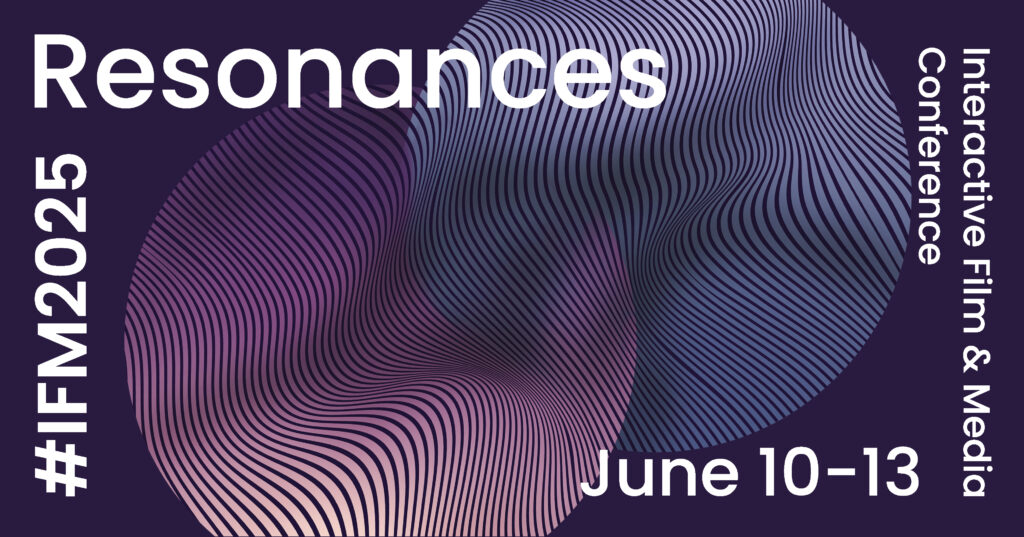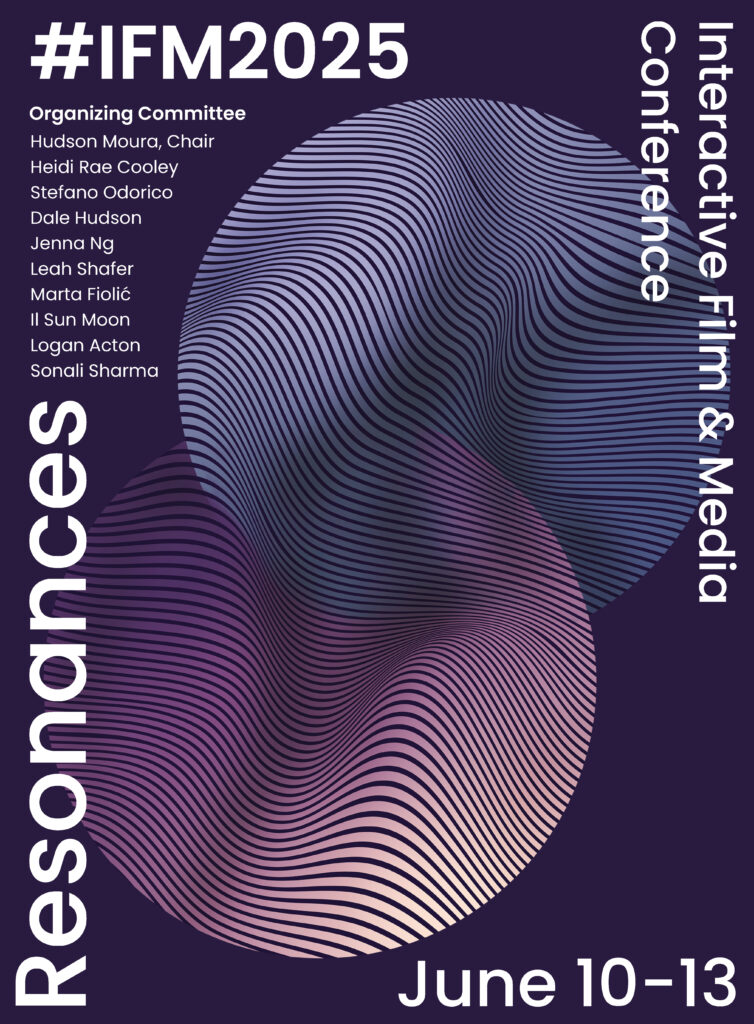
Hot Docs 2025 Reviews
As North America’s largest documentary film festival unfolds from April 25 to May 5, I’ll cover a selection of standout titles daily, highlighting films that resonate with contemporary global issues and compelling personal stories. You can follow my English-language capsule reviews, updated each day of the festival, here. In addition, my French-language radio segment Chronique de Cinéma on Dans la Mosaïque (CBC/Radio-Canada) will be dedicated to the festival over the next two weeks, offering commentary and reflections for francophone audiences in Toronto and beyond.
Chronique Cinéma
Découvrez les critiques de films présentées dans Dans la Mosaïque sur Ici Première de Radio-Canada Toronto ! Un vendredi sur deux à 17h30, je rejoins Myriam Eddahia pour analyser les œuvres marquantes de la saison. Dans la section Chronique Cinéma, accédez aux critiques complètes, explorez en profondeur ces films, et écoutez les rediffusions des émissions pour ne rien manquer.

Film Reviews
Anthology Book

Interactive Narratives: The Evolution of Storytelling in the Digital Age
Edited by Hudson Moura
In Preparation
The transformative potential of interactivity within novels, films, games, and digital media has created a dynamic dialogue between human creativity and technological innovation. From the epistolary novel to immersive digital media, interactive storytelling has evolved, challenging traditional, linear modes of narrative while fostering new relationships between creators, audiences, and interactive platforms.
This anthology, Interactive Narratives, seeks to explore the multidimensional nature of interactivity across various narrative platforms in the XXI century. By tracing its historical roots and mapping its modern manifestations, this volume will investigate how the concept of interactive narratives is reshaping narrative experiences and the theoretical and practical implications for creators, audiences, and archivists. We aim to compile cutting-edge research and theoretical reflections highlighting interactivity as a narrative tool and a mode of user agency that adds complexity to storytelling while expanding the boundaries of narrative engagement.
Focus Areas of the Volume:
The book is tentatively organized into five core sections, each offering conceptual directions to help orient contributors regarding the thematic focus and structure. These frameworks are intended as points of reference to inspire proposals rather than prescriptive theories to be strictly applied. Contributors are encouraged to develop their ideas within these themes without needing to specifically reference or apply the outlined theories or authors:
1. Duality and Ethics of Active and Passive Engagement:
Drawing on Žižek’s theory, interactive narratives blend both active and passive user roles. While user choices may appear to guide the narrative, interpassivity reveals how users sometimes adopt passive modes in complex digital systems. This section invites contributors to explore how narratives shift between user participation and algorithmic controls, balancing user agency with predetermined outcomes. Or, contributors may reflect on the ethical implications of user manipulation in digital storytelling, questioning the boundaries of user freedom versus design control and potential biases created by algorithmic choices.
2. Technological Affordances and User Agency:
Building on Janet Murray’s framework of procedural and participatory affordances, this theme will explore how technological design and procedural logic shape the boundaries of user agency in interactive storytelling. Contributors are encouraged to examine how technological innovation balances freedom and constraint within interactive narratives, enhancing narrative engagement through user-driven interaction and system-generated structure.
3. Perceptual and Affective Dimensions:
This section focuses on how user perceptions of interactivity—including narrative complexity, emotional engagement, and user impact—create immersive and emotionally resonant narrative experiences. Contributors are invited to explore how interactive storytelling fosters emotional depth and audience attachment through perceived control and reactive content, where user actions seem to directly influence narrative outcomes.
4. Narrative Complexity and User Involvement:
Drawing upon Henry Jenkins’ concept of additive comprehension, this section will address how narrative complexity and user involvement are intertwined in interactive storytelling. Contributors are encouraged to examine how branching storylines, multiple endings, and user choices can deepen the complexity of narratives, creating richer and more immersive experiences without diminishing the overall structure. This section will explore how interactive narratives balance user participation and maintaining narrative depth.
5. Archiving Digital Culture:
Drawing on Foucault’s insights alongside practical approaches by scholars like Lowood, Kirschenbaum, and Rinehart, this section critically frames digital archives as sites of preservation and power, shaping cultural heritage and access to interactive media. Contributors are invited to explore the preservation of virtual reality, multimedia installations, software, interactive fiction, and video game narratives. This area emphasizes innovative solutions for maintaining these media’s interactive and experiential qualities for future research and accessibility.
This volume will unite diverse perspectives and pioneering research, significantly contributing to the rapidly growing field of interactive media studies.
Chapter Requirements:
Final chapters should be 4,000-6,000 words, adhering to MLA 9th edition. Full chapters are due by 14 July 2025.
Important Dates:
- Chapter submission: 14 July 2025
About the Volume:
This volume will be part of the Interactive Film and Media (IFM) Book Series, published by Routledge/Taylor & Francis. The series aims to advance scholarly discussions on interactivity in film and media.
If you have any questions, please contact Dr. Hudson Moura (hmoura@torontomu.ca). We look forward to receiving your proposals and insights into this evolving field.active storytelling. Submission for the volume is separate from the conference presentation, and inclusion will be subject to peer review.
VII Interactive Film & Media Annual Conference
Dossiê Jerusa
An hommage and an extensive collection of Professor Jerusa Pires Ferreira’s articles, conferences, and books’ reviews.




